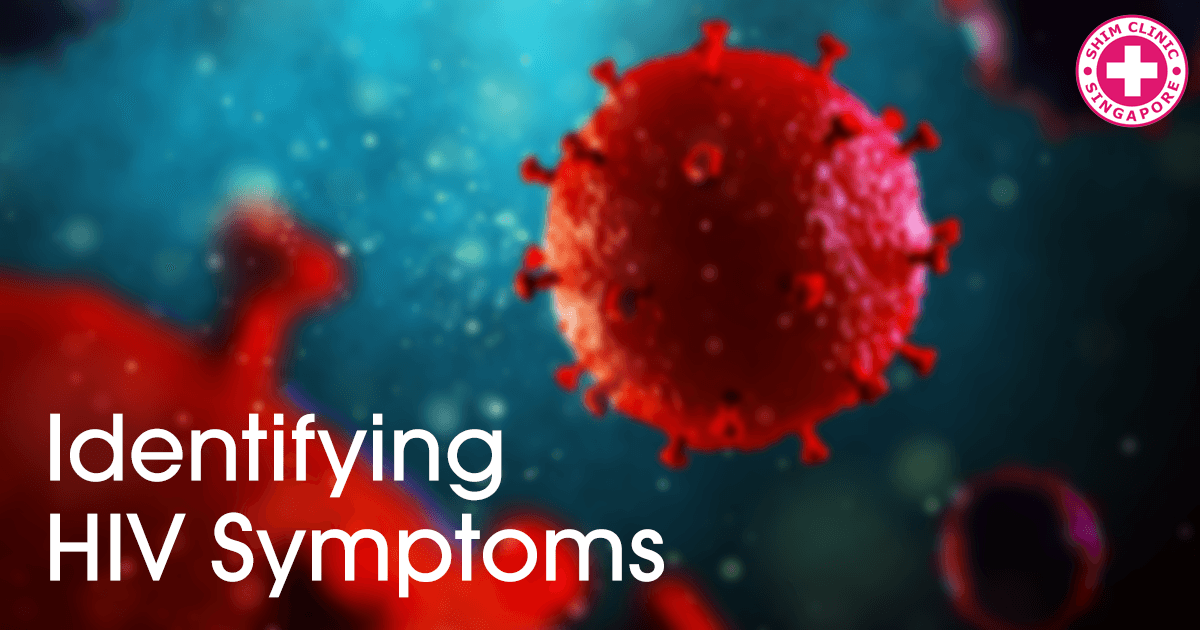A few weeks ago you noticed a peculiar rash on your body. Days later, it is still there and spreading. You tried an over the counter cream but it did not help. You remember that you hooked up with a new partner shortly before the rash appeared. You start to panic. Are the two related, or is it just a cruel coincidence?
HIV manifests itself in various symptoms at different stages of development. We know that it basically means that your body is low on immunity. But does this mean that a simple flu that won’t go away is a sign that you are positive?
It is important to know how to identify the symptoms of the virus the right way.
How do we do this?
Understand HIV
The very first stage in this journey is to understand the virus. What puts you at risk of contracting the virus? It is not shaking the hand of an infected person or sitting next to them. You will however put yourself at risk when you:
- Share needles or syringes
- Have been infected with another STD such as syphilis, gonorrhea or chlamydia.
- Have unprotected sex through penetrative sex (vaginal, anal or oral sex) especially with a partner whose status you are unaware of
Get tested
The surest way to establish whether you are infected or not is through testing. If you are sexually active, make it a habit to get regularly get tested.
Do not wait for symptoms to occur to get tested
Testing should be a routine part of your medical check. Do not wait for any possible symptoms to appear before going to a testing center.
Note early symptoms
These will manifest themselves in the initial/ primary stages of infection. Note that most of these symptoms in isolation could simply be an indicator of something unrelated, such as the flu. Nevertheless, should they be persistent, see a doctor as soon as possible.
Elements to look out for include;
- Acute fatigue, without an explainable cause: Fatigue does not mean simply being exhausted or sleepy. Look out for whether you feel tired all the time, constantly low on energy, or incapable of handling strenuous activity.
- Fever or excessive night sweats: Not all infected individuals will suffer this symptom. It may however be manifested within 2-4 weeks after contracting the virus. Read more here.
- Swollen glands in the armpits, groin or neck: Bodily infections lead to swelling of the lymph nodes. The lymph nodes in the neck tend to swell more than the groin or armpits.
- Persistent nausea, vomiting and diarrhea. Read more here.
- Mouth and genital ulcers. Read more here.
Recognize advanced symptoms
These will occur in the later stages of infection, sometimes even years after. They will include;
- Irregular spots/ rashes on the skin
- Yeast infections, especially in the mouth
- Dry coughs
- Pneumonia
- Growth of fungus in the nails
- Rapid weight loss with an unknown cause
As with the symptoms in the initial stages of contracting the virus, in isolation they may not necessarily be a confirmation of infection. They are however conditions to be wary of.
Even with all this knowledge, it is most prudent to note that one can have HIV and not experience these symptoms. Similarly, one can have these symptoms, yet not be infected with the virus. Should you find that you have any of the above indicators, go for HIV testing to determine the way forward. If you also suspect that you have been exposed to HIV well within the last 72 hours, come immediately to Shim Clinic and request for HIV PEP,

